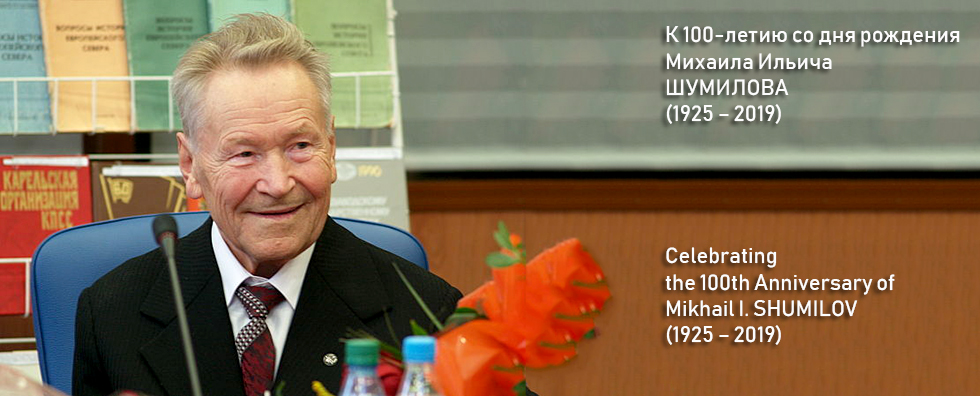
| No 3 (19): 10. | Linguistics and literature |
2020 |
|
Scientific article |
 pdf-version |
| Maria G. Amanaki | Athens National University. I. Kapodistrias (Panepistimioupoli, Zografou, 15784), maria.amanaki@yahoo.com |
Polysemy of the human body parts names in modern Russian and Greek languages.
|
Paper submitted on: 12/05/2020;
Accepted on: 12/06/2020; |
Abstract. In the present work, we study comparatively the names of two parts of the human body in terms of their literal and figurative meanings in Russian and Greek languages, in order to highlight their metaphorical and metonymic meanings, to draw conclusions about how to create these meanings and to find similarities and differences between two languages. The research method of the study consists of the comparative semantic analysis of the entries from etymological and explanatory dictionaries of the two languages, as well as other modern written sources. Based on the detailed description of the mechanics that create polysemy in the words φτέρνα / пятка and γλώσσα / язык in both languages, the study leads to conclusions about similar or related, as well as diametrically opposed, semantic manifestations of the above words in Russian and Greek and their frequent use in everyday speech, as well as in the specialized language of science and technology. Keywords: human body parts names, metaphorical meaning, polysemy, metaphor, metonymy, comparative lexicology |
For citation: Amanaki, M. G. Polysemy of the human body parts names in modern Russian and Greek languages.. StudArctic forum. 2020, 3 (19): 10.
|
Displays: 1266; Downloads: 373;
|
|


